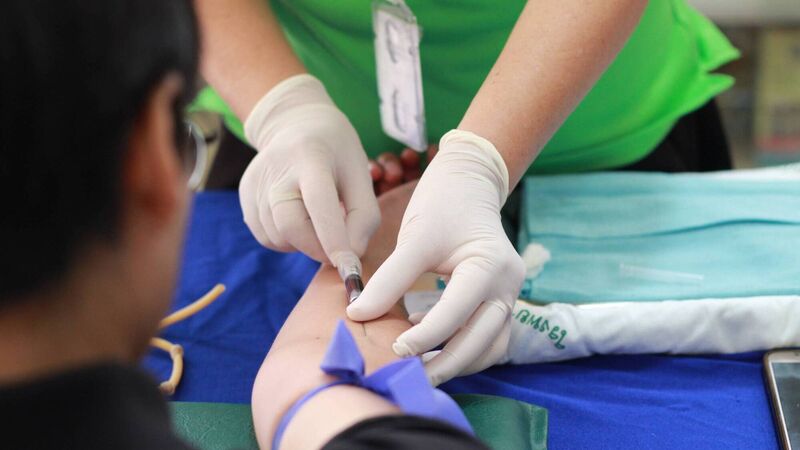Renters more likely to have health problems than homeowners

The report said that a lack of public healthcare coverage for those with a chronic condition risks exacerbating the risk of poverty or material deprivation they already face.
Try from €1.50 / week
SUBSCRIBERenters have poorer health outcomes than homeowners while low levels of medical card coverage put many of them at a “high financial risk in the event of a health emergency”.
New research from the Economic and Social Research Institute (ESRI) has identified that a quarter of private renters with a chronic illness are at risk of poverty, yet the majority of them lack a medical card.
Already a subscriber? Sign in
You have reached your article limit.
Annual €130 €80
Best value
Monthly €12€6 / month
Introductory offers for new customers. Annual billed once for first year. Renews at €130. Monthly initial discount (first 3 months) billed monthly, then €12 a month. Ts&Cs apply.
CONNECT WITH US TODAY
Be the first to know the latest news and updates
Newsletter
Keep up with stories of the day with our lunchtime news wrap and important breaking news alerts.
Sunday, February 8, 2026 - 7:00 AM
Sunday, February 8, 2026 - 7:00 AM
Sunday, February 8, 2026 - 1:00 PM
© Examiner Echo Group Limited